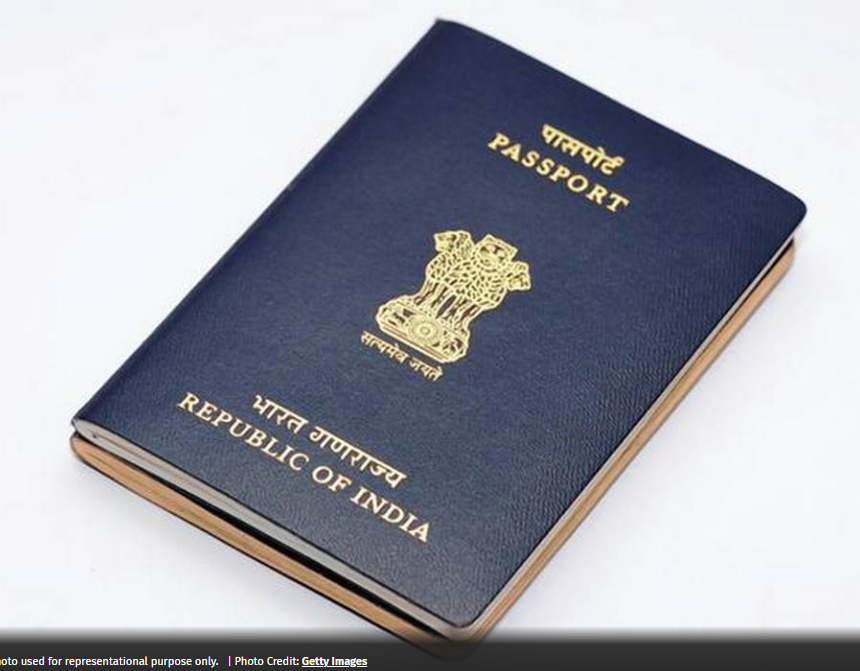Free Courses Sale ends Soon, Get It Now


Free Courses Sale ends Soon, Get It Now



Figure 2: No Copyright Infringement Intended
Under the Indian constitution, certain fundamental rights are available only to the citizens, namely:
© 2024 iasgyan. All right reserved